20 Inventions That Will Change the World

Innovation has always been the driving force behind human progress. As we move further into the 21st century, groundbreaking inventions are emerging that have the potential to reshape our world. From revolutionizing transportation to advancing healthcare and sustainability, these technological breakthroughs promise to enhance the way we live, work, and interact. Here are 20 remarkable inventions that could change the world in the coming years.
1. Pegasus: The Flying Car
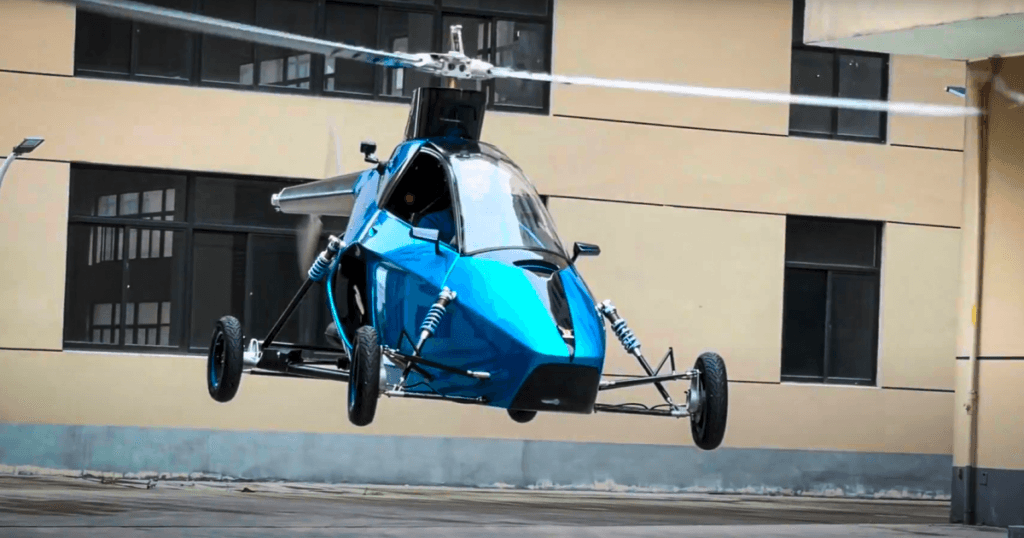
Traffic congestion is a growing issue worldwide, and with 68% of the global population expected to live in urban areas by 2050, the need for alternative transportation solutions is critical. Pegasus offers a revolutionary approach: a helicopter equipped with wheels. This hybrid vehicle functions as a car on the road but can take off vertically when faced with traffic. Pegasus reaches speeds of 120 km/h on the ground and 160 km/h in the air, with a flying range of 420 km. The company aims to produce 900 units annually by the 2030s.
2. GoSun EV Solar Charger

With 13.6 million electric vehicles (EVs) sold in 2023, the demand for charging infrastructure is rapidly increasing. GoSun offers a portable solar-powered EV charger, capable of providing up to 48 km of extra driving range per day. The compact and easy-to-install device attracted over $2 million in pre-orders within 45 days.
3. Fotokite Sigma: Tethered Surveillance Drones

Fotokite Sigma drones are tethered to a fixed location via a power cable, allowing them to operate continuously for up to 24 hours. These drones assist emergency responders, firefighters, and police by providing real-time aerial surveillance. They are easy to operate, requiring no technical expertise, and can transmit data to multiple devices simultaneously.
4. CIDETEC Self-Healing Polymer

Inspired by sci-fi, CIDETEC developed a polymer capable of self-repairing at room temperature. When cut, the material fuses back together by 97% in just two hours. This breakthrough has applications in automotive, construction, and other industries, potentially leading to longer-lasting and more durable products.
5. Varjo Teleport: Digital Space Mapping

Varjo Teleport allows users to scan real-world environments and convert them into fully immersive virtual spaces. Using a smartphone app, locations can be captured and explored via VR headsets or web browsers. This technology has potential applications in architecture, tourism, and remote collaboration.
6. Solar-Umba 4000: Autonomous Street Cleaning Robot

Freedom Solar Power has developed the Solar-Umba 4000, a solar-powered robotic vacuum for urban cleaning. Tested in Austin, Texas, it collected over 91 kg of waste in a single day. The robot moves at 19 km/h and has a 50 kg trash capacity, offering a sustainable and efficient solution for city sanitation.
7. SkyDeck: A Panoramic Airplane Capsule

SkyDeck is a transparent capsule installed on aircraft, allowing passengers to enjoy panoramic views during their flights. Designed to withstand bird collisions, this luxury feature could become a premium seating option for airlines, enhancing passenger experience.
8. IGS Vertical Farming Technology

IGS has revolutionized agriculture with its vertical farming system. These modular towers, controlled by AI and smart hardware, can double or triple crop yields while using half the energy of traditional greenhouses. With a height of up to 12 meters, they can support various crops, including greens, cabbage, and berries.
9. Movin’On: Luxury Public Transportation

The Movin’On project aims to make public transportation more attractive by introducing high-end buses branded by luxury car manufacturers like Audi and BMW. The initiative promotes sustainable urban mobility while redefining the perception of public transport.
10. Autonomous Delivery Robots
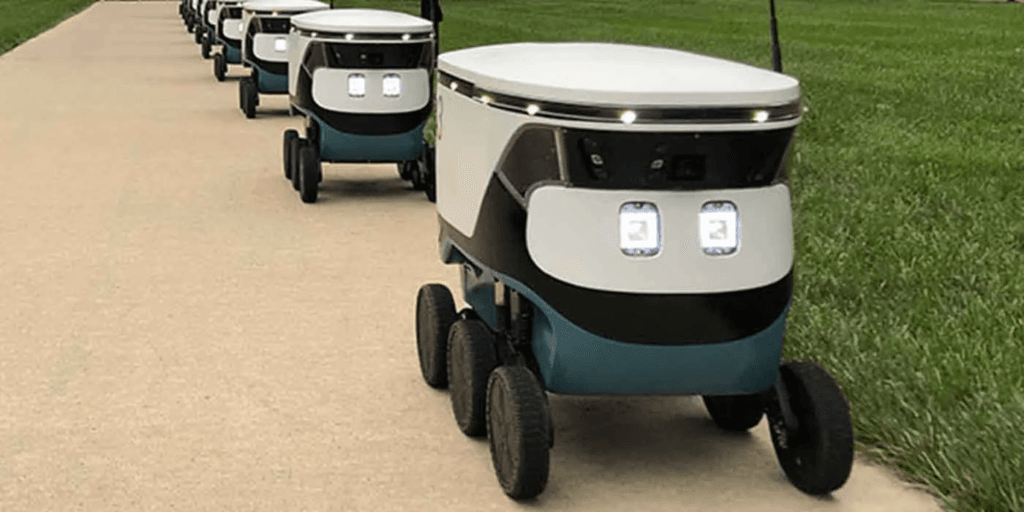
With the rise of e-commerce, autonomous delivery robots are becoming essential for efficient and contactless deliveries. These robots navigate sidewalks and streets independently, reducing delivery costs and enhancing logistics.
11. Smart Traffic Management Systems
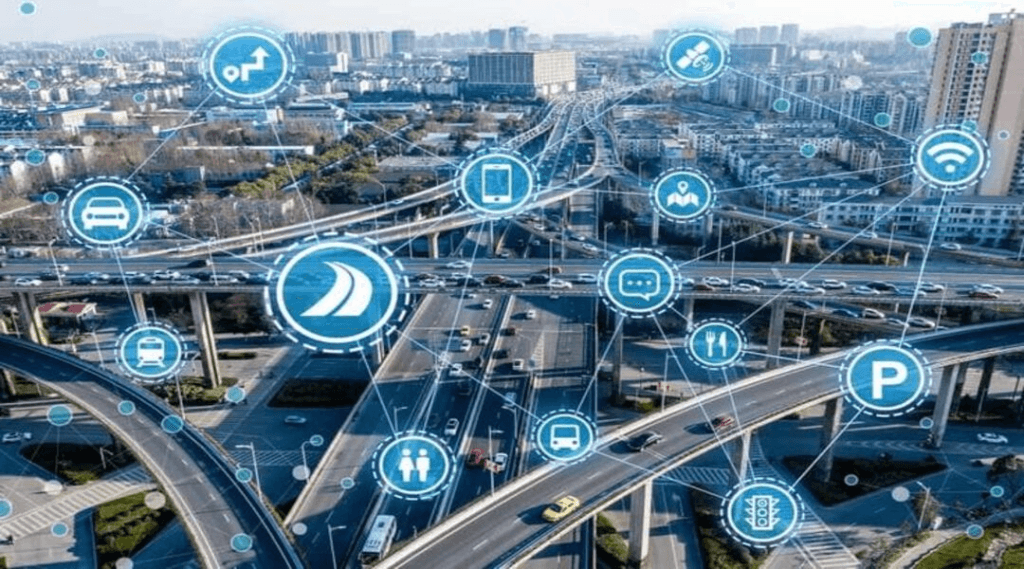
AI-driven traffic management systems optimize urban traffic flow, reducing congestion and emissions. These systems use real-time data to adjust traffic signals and reroute vehicles, improving road efficiency.
12. 3D-Printed Homes

3D printing technology is revolutionizing construction by enabling the rapid production of affordable, sustainable homes. These houses can be built in a fraction of the time and cost of traditional construction.
13. Hyperloop: The Future of High-Speed Transport

Hyperloop systems promise ultra-fast travel through vacuum-sealed tubes, reducing travel time between major cities significantly. This technology could redefine long-distance transportation.
14. Biodegradable Electronics

As e-waste becomes a growing environmental concern, researchers are developing biodegradable electronic components that decompose naturally, reducing pollution and electronic waste.
15. Smart Fabrics

Wearable technology is advancing with smart fabrics that monitor health metrics, adjust temperature, and even generate energy from movement, revolutionizing the textile industry.
16. AI-Powered Personal Assistants

Next-generation AI assistants are becoming more sophisticated, capable of managing schedules, automating tasks, and providing personalized recommendations, enhancing productivity and daily life.
17. Wireless Electricity

Companies are developing wireless power transmission technologies that could eliminate the need for physical charging cables, enabling seamless energy transfer for devices and vehicles.
18. Carbon Capture and Storage (CCS)
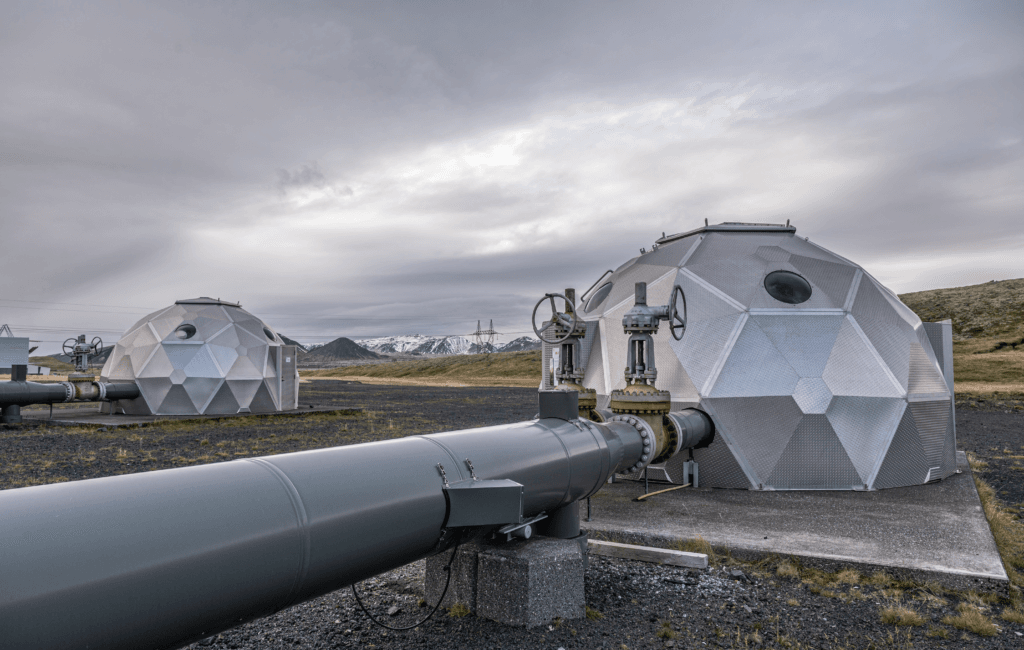
CCS technologies aim to reduce greenhouse gas emissions by capturing and storing CO2 from industrial processes, mitigating climate change impact.
19. Smart Prosthetics
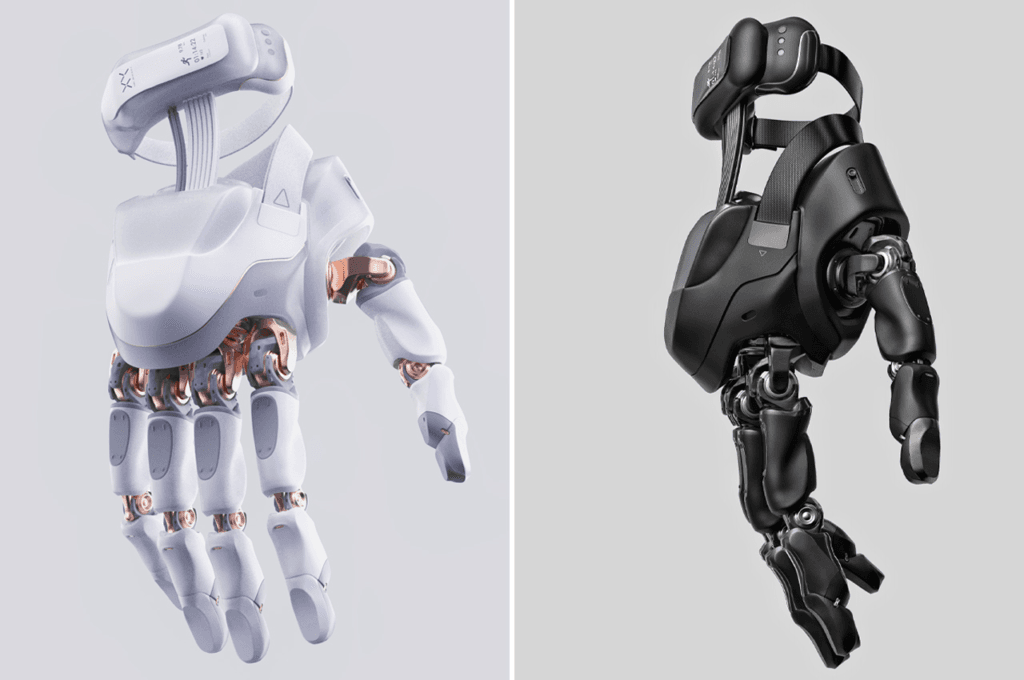
Advanced prosthetics with AI integration provide users with greater mobility and control, improving the quality of life for individuals with limb loss.
20. Quantum Computing

Quantum computers have the potential to revolutionize computing by solving complex problems exponentially faster than traditional computers, impacting fields from medicine to cybersecurity.
These innovations are set to transform industries and daily life in the coming years. As technology continues to evolve, the possibilities for a smarter, more efficient future are limitless.
